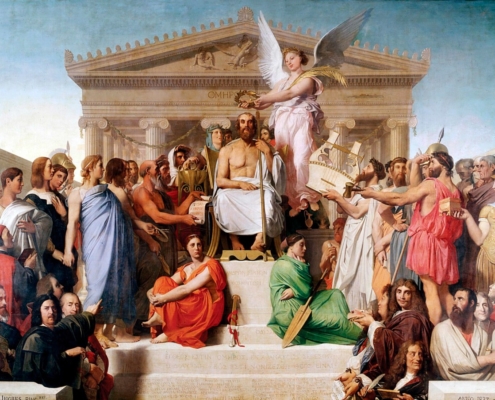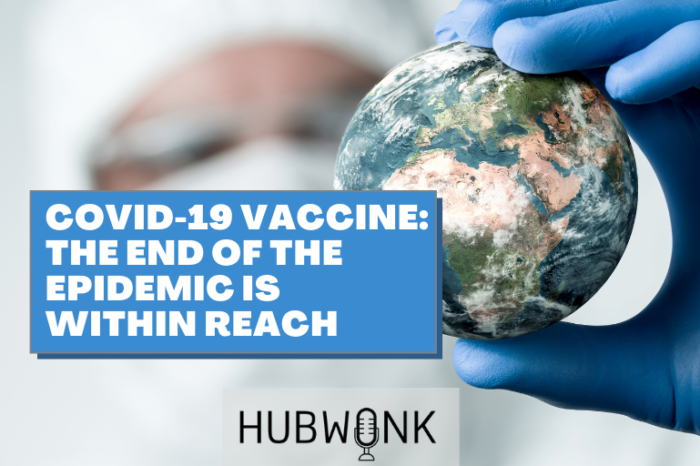COVID-19 Vaccine: The End of the Epidemic is Within Reach
/0 Comments/in COVID Life Sciences, COVID Podcasts, Featured, Healthcare, Podcast Hubwonk /by Editorial StaffJoin Host Joe Selvaggi and Virologist and Investor Dr. Peter Kolchinsky as they discuss the rapid development, efficacy, and rollout of the newly approved COVID-19 vaccines.
Guest:
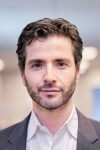 Peter Kolchinsky, Ph.D. is a biotechnology investor and a scientist. He co-founded and runs the Boston-based investment firm RA Capital Management; writes and teaches about biomedical entrepreneurship and its potential to transform global health; serves on the boards of several public and private drug development companies; and lives in Massachusetts with his historian/equestrian wife, strong-willed children, and reasonably well-trained dog. In addition to The Great American Drug Deal, he is the author of The Entrepreneur’s Guide to a Biotech Startup. Peter served on the Board of Global Science and Technology for the National Academy of Sciences and writes about the biotech social contract. He holds a BA from Cornell University and a Ph.D. in Virology from Harvard University.
Peter Kolchinsky, Ph.D. is a biotechnology investor and a scientist. He co-founded and runs the Boston-based investment firm RA Capital Management; writes and teaches about biomedical entrepreneurship and its potential to transform global health; serves on the boards of several public and private drug development companies; and lives in Massachusetts with his historian/equestrian wife, strong-willed children, and reasonably well-trained dog. In addition to The Great American Drug Deal, he is the author of The Entrepreneur’s Guide to a Biotech Startup. Peter served on the Board of Global Science and Technology for the National Academy of Sciences and writes about the biotech social contract. He holds a BA from Cornell University and a Ph.D. in Virology from Harvard University.
Get new episodes of Hubwonk in your inbox!
Related Posts:

Jitka Borowick on Starting a Small Business during COVID

Study: Massachusetts Should Retain Additional Healthcare System Flexibility Granted During Pandemic

Blended Learning Expert Heather Staker on Student-Centered Lessons During COVID-19
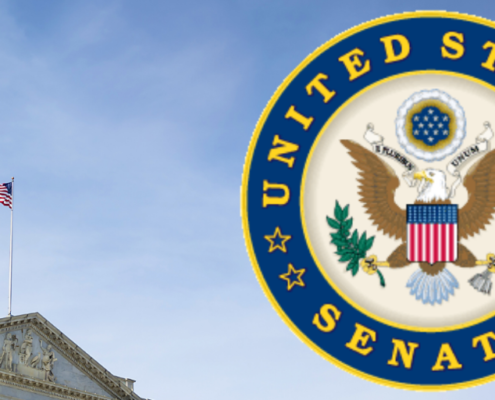
“Ballast for the Ship of State” – The U.S. Senate – 40 Resources for High School Students

BU’s Dr. Farouk El-Baz on NASA’s Moon Landing, Remote Sensing, & STEM
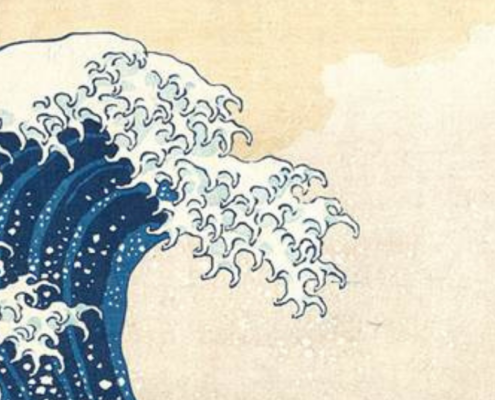
Neptune’s Domain – Oceans, Seas, & Their Creatures- 25 Resources for K-12 Students

Origin of COVID-19: As Animal Source Evidence Eludes Scientists, Lab Leak Hypothesis Gains Purchase

Mahmud Jafri Builds on a Pakistani Legacy in America
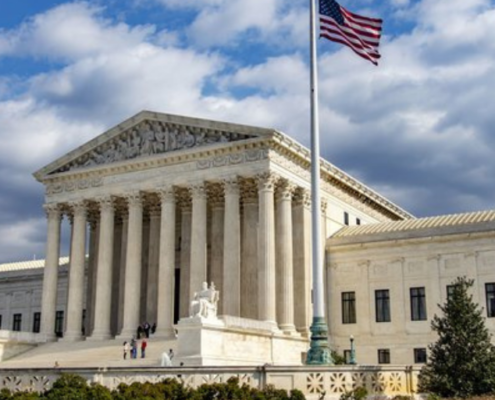
A Republic of Laws – The U.S. Supreme Court – 40 Resources for High School Students

Study Calls for Better Reporting on Impact of COVID-19 in Eldercare Facilities
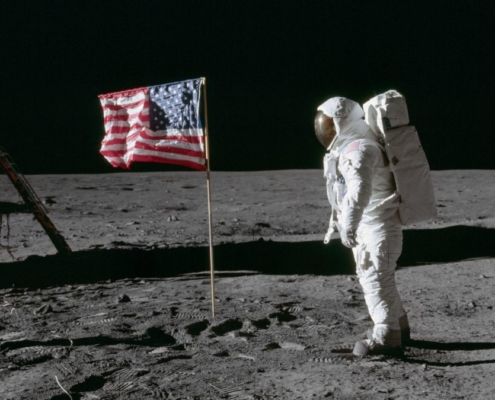
“The Road to the Stars” – U.S. Space Exploration – 25 Resources for K-12 Students

Amar Sawhney on Sikhs, STEM & COVID

Heritage Foundation’s Jonathan Butcher on Edu Federalism, School Choice, Learning Pods

Study Says Interstate Tax Competition, Relocation Subsidies Exacerbate Telecommuting Trends
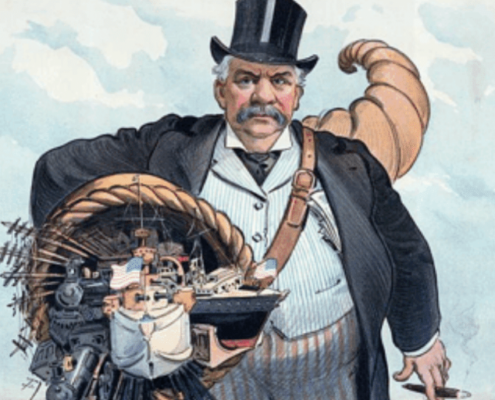
“The Business of America is Business” – 25 Resources for High School Students

Georgetown’s Dr. Marguerite Roza on K-12 School Finance, Spending, & Results

Massachusetts Should Disclose More Information about Its Recent Reduction in the Official Count of Long-term Care Deaths

Preparing For Disaster: Health Readiness Expert’s Performance Review

Study Warns Massachusetts Tax Proposal Would Deter Investment, Stifling the “Innovation Economy”
